The Parliamentary Environmental Audit Committee (EAC) has published its report on hand car washes (HCWs) in the UK following written submissions and hearings held in the summer from a number of stakeholder parties, including the Car Wash Association.
What transpired from the committee’s investigations was that serious and highly polluting breaches of environmental regulations were routinely being committed by the 10,00020,000 HCWs currently operating in the UK. However, as the committee’s investigations progressed, it also became clear that its report would be incomplete if it were limited to only the environmental issues that had come to light.
The committee was surprised to discover that there was also criminal activity on these sites. And EAC chair Mary Creagh expressed the Committee’s "astonishment" that there had only been 14 minimum wage prosecutions since 1999. The committee recommended that the government "should actively target the sector and prosecute exploitative employers". A number of the submissions had reported how regulators appeared to turn a blind eye to blatant breaches of planning and environmental regulations at HCWs, wrongly labelling them as ’low risk’. This apparent widespread condoning of illegal practices by regulators had resulted in HCW operators concluding that such behaviour was no longer illegal.
The EAC recommended that government should trial a licensing scheme for HCWs combining all the major environmental and pollution compliance regulations together with taxation and employment laws into a single, more easily enforceable and legal requirement. It also recommended a government review of the Modern Slavery Act 2015 with a view to updating it to include businesses as small as HCWs. The EAC said it was "encouraged" that the Gangmasters and Labour Abuse Agency (GLAA) and the director of Labour Market Enforcement were stepping up their efforts to tackle this blatant exploitation. The GLAA’s recently-launched Responsible Car Wash Scheme was seen as a powerful initiative in helping the public to regain confidence that HCWs would in future operate within the law.


















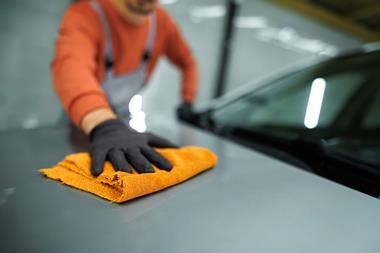
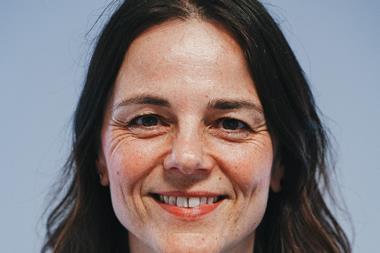

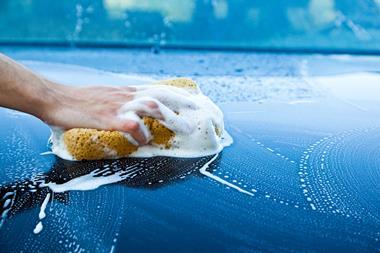
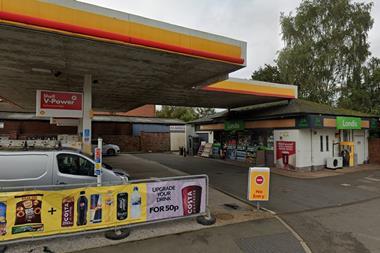

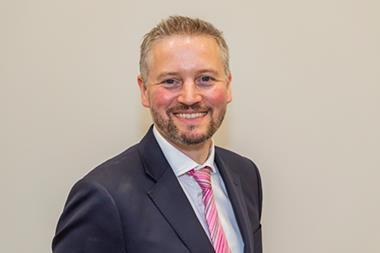
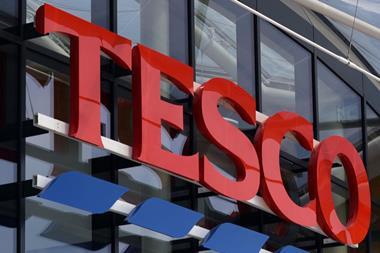
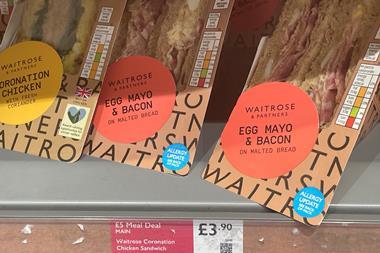

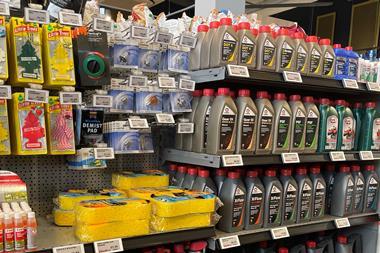

No comments yet